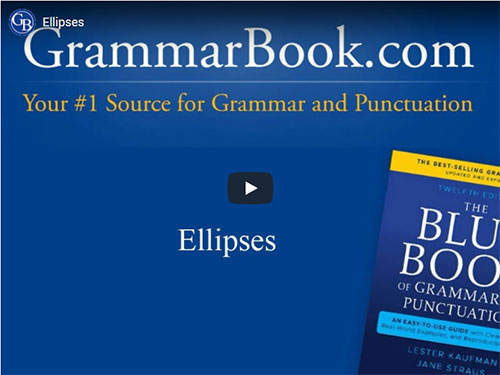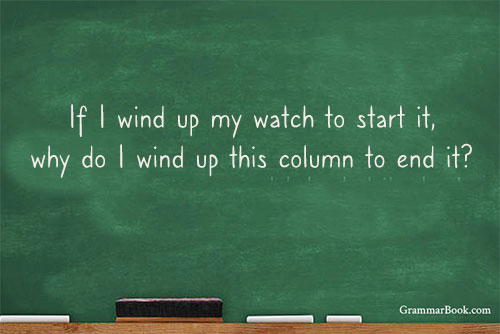|
We all at some point have addressed someone as Ms., Miss, or Mrs. We may also have a general idea about when to use these forms of address in American English, as well as to whom we should express them.
At the same time, it's good to further understand the distinction among these references so we can ensure greater precision in being polite.
When to Use Mrs.
Mrs. (pronounced MIS-iz) is a form of abbreviated address that specifies a married woman. Where we can also refer to a married woman as Ms., we would not refer to a single woman as Mrs.
Mrs. has no standard spelling. In nonfictional quotations and dialogue, Mrs. will typically retain its abbreviated form. When used in fictional dialogue, it might sometimes be written as missus or missis.
We would include the title before a woman's name.
Mrs. Galuska, it is a pleasure to meet you and your husband.
Mrs. Jeong would be a fine addition to the research team.
|
What Is the Difference Between Ms. and Miss?
Ms. (pronounced miz) gained prominence in the 1950s as a title of courtesy for addressing single women or women whose marital status was unknown.
Since then, it has gained further popularity as a term of respect that can be used independently from a woman's spousal connection or lack thereof. It also equitably reflects the similar form used to address men, Mr., which does not regard marital status.
Today, Ms. can be used to address any woman regardless of whether she is married or single or has an unknown status. Unless a woman's married status is known and we are sure it is either preferred or well received, Ms. is a proper courtesy title.
We would include it before a woman's name.
It is a pleasure to meet you, Ms. Galuska.
Ms. Jeong would be a fine addition to the research team. |
Miss (pronounced mis as opposed to miz) is traditionally a polite way of addressing or referring to a young, unmarried woman (e.g., 18 years old).
When using it, we would normally follow it with a last name (Miss Richards). In parts of the American South, we may hear it used with a first name as well (Miss Amber). This same practice might be encouraged for addressing a teacher among very young students (e.g., preschool) elsewhere in the U.S.
Miss can also be a proper address if we are speaking to someone we don't know. In this context, the woman's age would not matter. Compare the following sentences:
May I help you, Miss Richards? (young, unmarried woman)
May I help you, Ms. Richards? (marital status irrelevant)
May I help you, Mrs. Richards? (married status known, address proper to use)
Excuse me, miss. May I help you? (unfamiliar woman, age irrelevant) |
A Note on Mistress
The Associated Press Stylebook identifies mistress as an archaic and undesirable term for "a woman who is in a long-term sexual relationship with, and is financially supported by, a man who is married to someone else." AP advises omitting mistress in favor of terms such as companion, friend, or lover.
The modern mistress is a departure from the word's original meaning. In the early 1300s, mistress was the female equivalent of the male master (later mister), indicating one who has control, authority, or high social standing. Regardless of her marital status, a mistress may have been someone who was a governess, a female teacher, a supervisor, or a woman with influence in a household.
One might have also used mistress to denote a woman who is beloved to someone and has great sway over the other person's affections.
In the late 1300s, mistress began to shift toward disrepute. During the fifteenth century, it became a disparaging term for "a kept woman of a married man."
While the current-day Mrs., Ms., and Miss do not embody the present meaning of mistress, each abbreviation stems from the word's early honorific usage.
Mrs., Ms., Miss: A Closing Note
In determining which title to use to show courtesy, we should observe how a woman refers to herself or how others refer to her. As mentioned, if we do not have that revealed or understood preference, we will be most proper in using Ms.
Related Topics
Ms., Mrs., or Miss: Which One Should You Use?
Punctuation for Abbreviations
|





